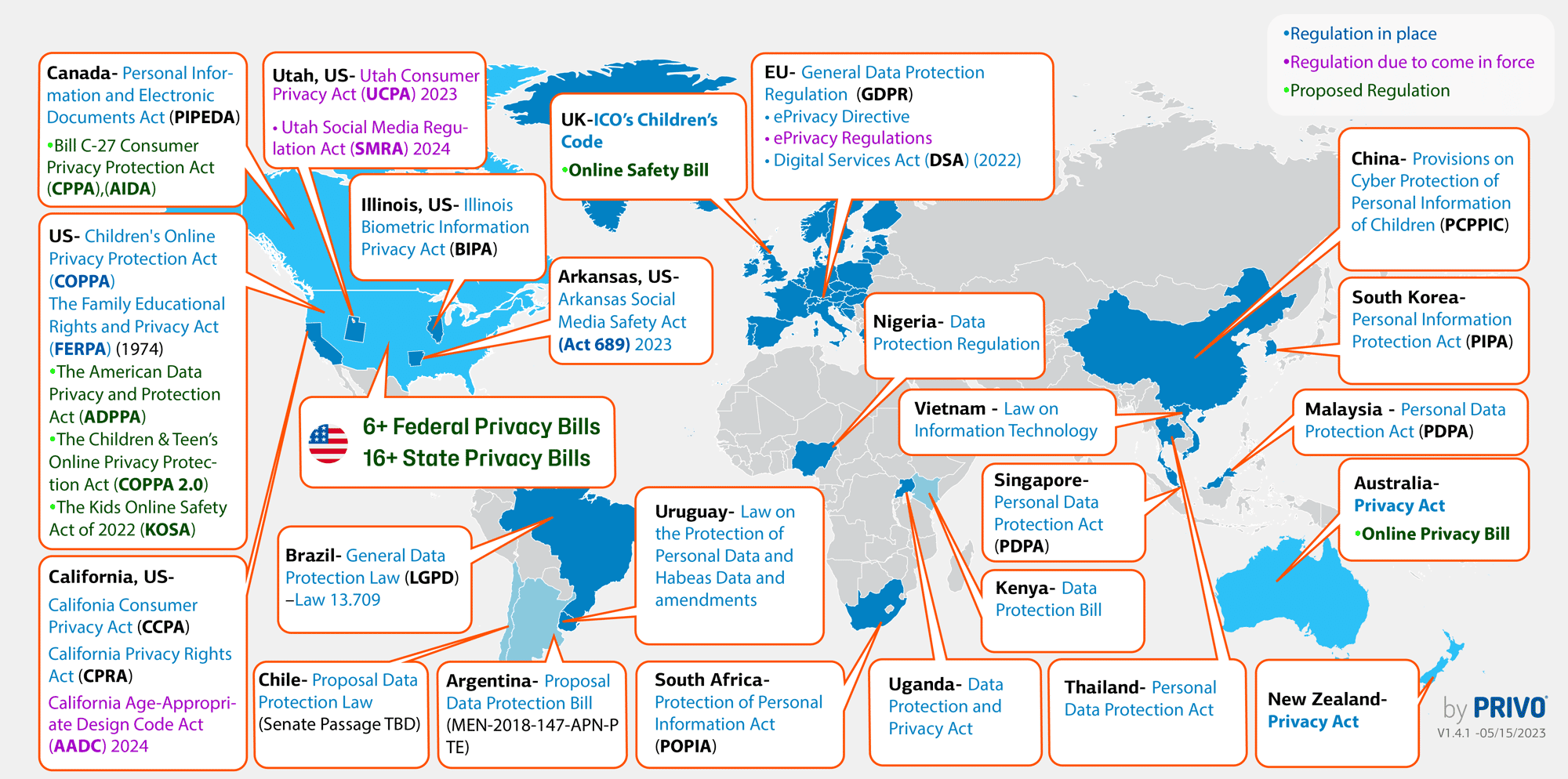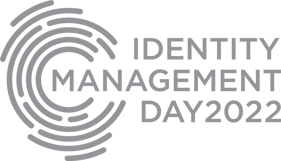The Children’s Online Privacy Protection Act (COPPA) was passed by Congress in 1998. COPPA required the Federal Trade Commission (FTC) to issue and enforce regulations concerning children’s online privacy. COPPA was designed to protect children under age 13 and place parents in control over what information is collected from their young children online. Sites, apps, games and other online services that are directed to children under 13 years old need parental consent before collecting personal information from children under 13. The COPPA rule also applies to general audience sites and apps that know they are collecting personal information from kids. Usually kids are asked to provide their parents email when registering on a site / app in order for the service to provide notice of its data collection needs and to get the proper level of parental consent.


 Blog
Blog




 Facebook
Facebook Linkedin
Linkedin Blog
Blog


 Twitter
Twitter